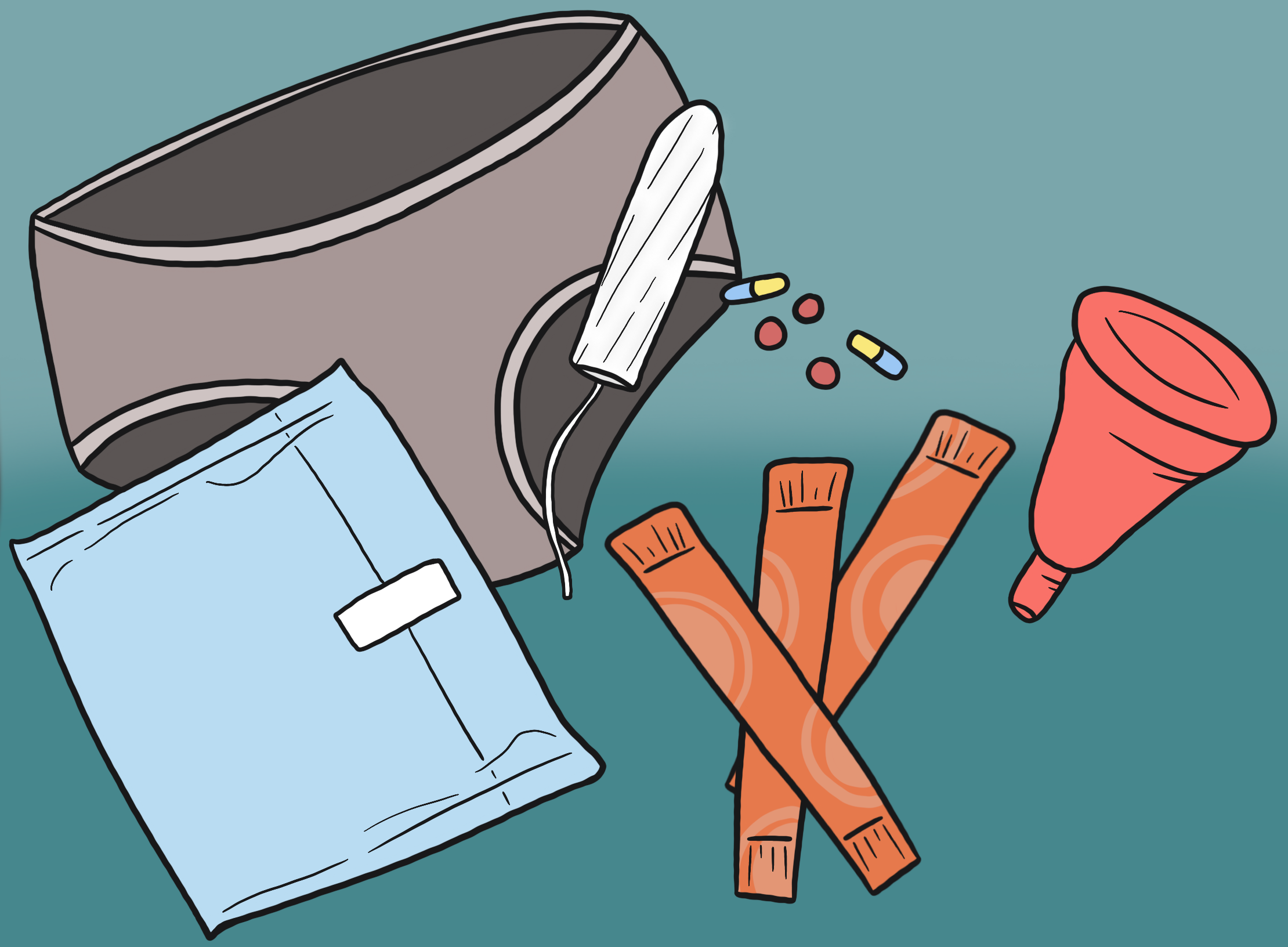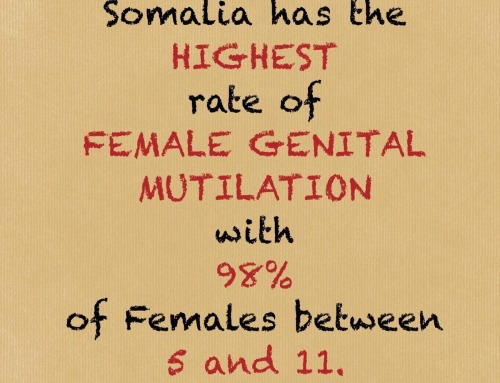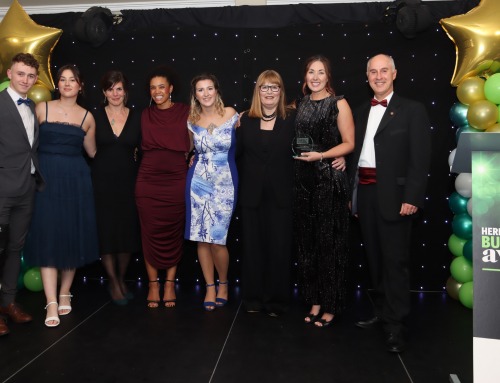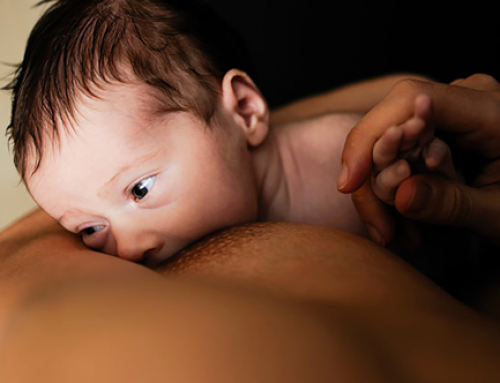The month of March marks the celebration of Menstrual Hygiene Day, however this year, we were incredibly busy working hard on creating and developing our newly launched preterm birth module to add to our full digital antenatal programme, that we weren’t able to give it the full attention that it deserves. But we still wanted to take the opportunity for belated celebrations and to discuss the extremely important topic of period poverty.
What is Menstrual Hygiene Day?
Menstrual Hygiene Day first began in 2014, and is celebrated annually on the 28th May – the 28th day of the 5th month. It is no coincidence that it’s celebrated on this day specifically, as the average menstrual cycle is 28 days in length, and bleeding on average lasts for approximately 5 days of the month.
The aim of this day is to raise awareness and promote action to address the challenges and taboos surrounding menstrual hygiene. Goals include;
- Increasing access to safe sanitary period products and sanitary wash facilities
- Increasing education about menstruation to change negative social norms and taboos
- To normalise conversations about periods in private and public spaces, and global platforms
- To engage decision makers on a local, national and global level to prioritise action towards menstrual hygiene
- To increase and mobilise funding to ensure everyone who bleeds has the right to menstruate without shame and stigma.
“To build a world where no one is held back because they menstruate”
According to menstrualhygieneday.org/, it is their vision by 2030 to create a world where menstruation can be managed safely, hygienically, with confidence and without shame.
What do we mean by period poverty?
Period poverty is defined as a lack of access to menstrual products and adequate sanitation facilities-a condition where individuals struggle to afford the necessary items to manage their period in a safe and hygienic manner. Around 5 million people globally lack access to period products such as pads and tampons and adequate wash facilities to manage their periods with dignity.
In much of the Western world access to clean water and sanitary products may be considered a given, however, for many millions around the world – this is not a reality.
Period poverty can have severe consequences on the lives of those affected. It can lead to unhygienic and unsafe practices, including using unclean alternatives to pads or tampons such as clothing, rags, newspaper, or even leaves, which can all increase the risk of infection and other health issues. It can also result in social isolation, embarrassment, and can have a negative impact on education, work and overall quality of life and wellbeing.
Globally those who menstruate have been stigmatised, excluded, discriminated against, and prevented from getting an education, earning and generally unable to fully participate in everyday life and activities.
This is why it needs to change.
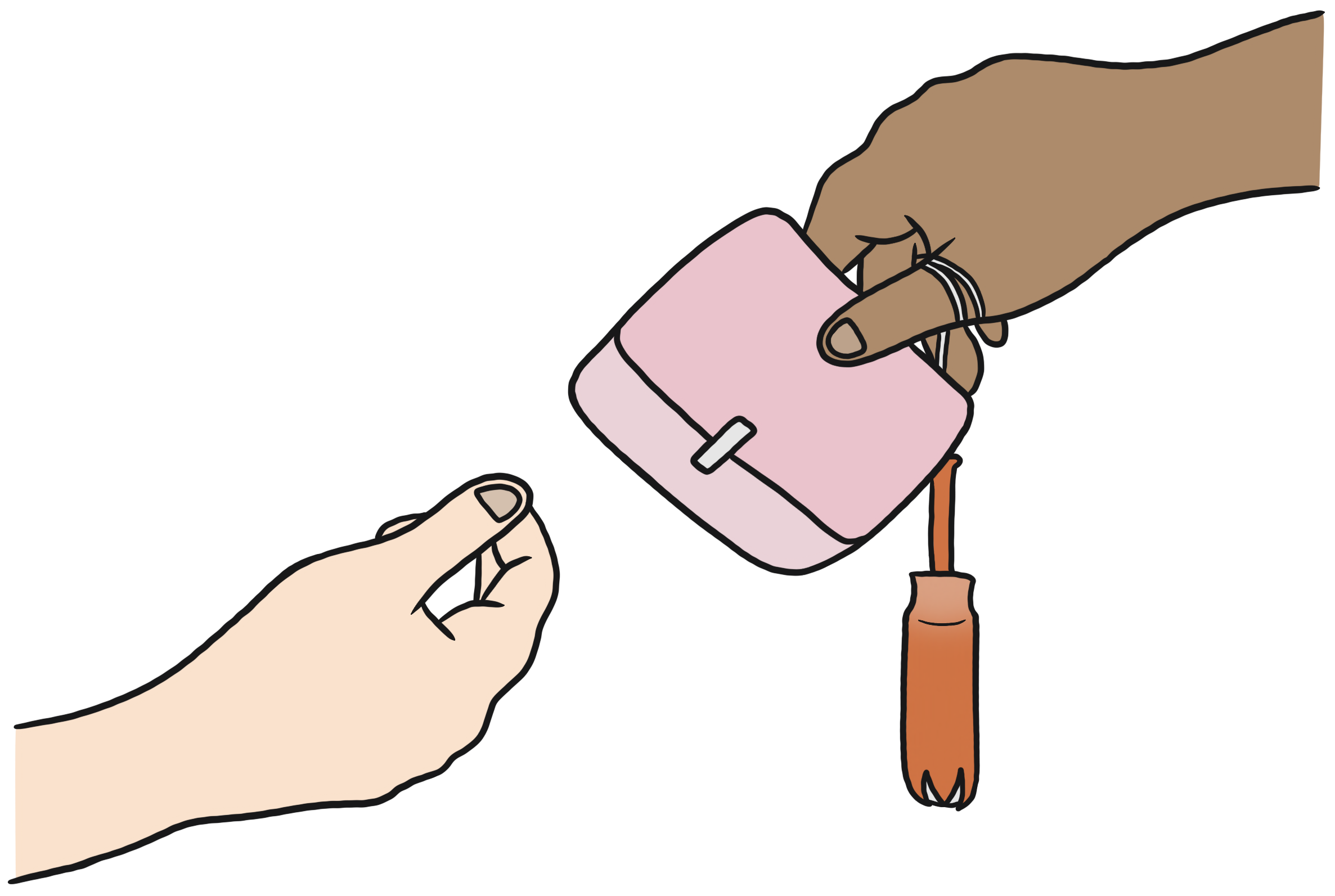
Does period poverty exist in the UK?
Period poverty is not just something happening in faraway places – period poverty is having a significant impact and affecting many people here in the UK. Research from Bloody Good Period (BGP) campaign group highlighted that as many as a third of those who menstruate in the UK have at one point in their life been unable to afford to buy menstrual products and have had to miss school or work as a result. You may also be surprised to know that period products are among the most requested items at food banks and shelters but are rarely donated.
It feels hard to believe that in one of the wealthiest countries in the world so many people in the UK are unable to afford such basic and essential toiletries. But these products don’t come cheap. The average cost per person per month is estimated at approximately £7. Whilst this may not seem like a big deal for some, in a household where more than one person menstruates, you can see how this can quickly begin to add up. At a time where many people are already struggling with monthly bills and the rising cost of living, these additional costs pack a hefty punch.
A recent Action Aid poll found that the number of UK women and people who menstruate who are struggling to afford period products has risen from 12% to 21% in on year – that’s more than 1 in 5!

BGP reported a staggering 600% increase in requests for period products from those in need from food banks, community support groups, those fleeing domestic violence, homeless shelters and even NHS frontline workers. These essential items are expensive and add an additional challenge to those already in crisis.
Did you know?
It is estimated the average person spends around £4,500 in their lifetime on period related products such as pads or tampons, but what about replacement underwear, increased laundry costs and painkillers – not to mention potential loss of earnings due to time off work with period-related illness?
Why are periods such a taboo?
The topic of periods has long been considered a taboo in many cultures and societies throughout history for many reasons. In certain cultures, and religions, the process of menstruation is considered ‘unclean’, ‘unpure’ or even ‘sinful’. There are traditions and practices which influence the activities and experiences of those that bleed, which are normally quite restrictive. For example, some prohibit a couple from having intimate interactions with each other for a set period of time during and after menstruation. This may also involve a ritual of washing or cleansing before relations can continue again. In some cases, women are excluded from places of worship or from participating in religious ceremonies at home during the time of bleeding. Some practices involved being sent away, not sleeping in the marital bed or being banished from the kitchen and prohibited from preparing food during their period. Historically, in some civilizations menstruation was considered mysterious or supernatural, and was associated with certain myths surrounding witchcraft, where bleeding was thought to release hysterical behaviours!
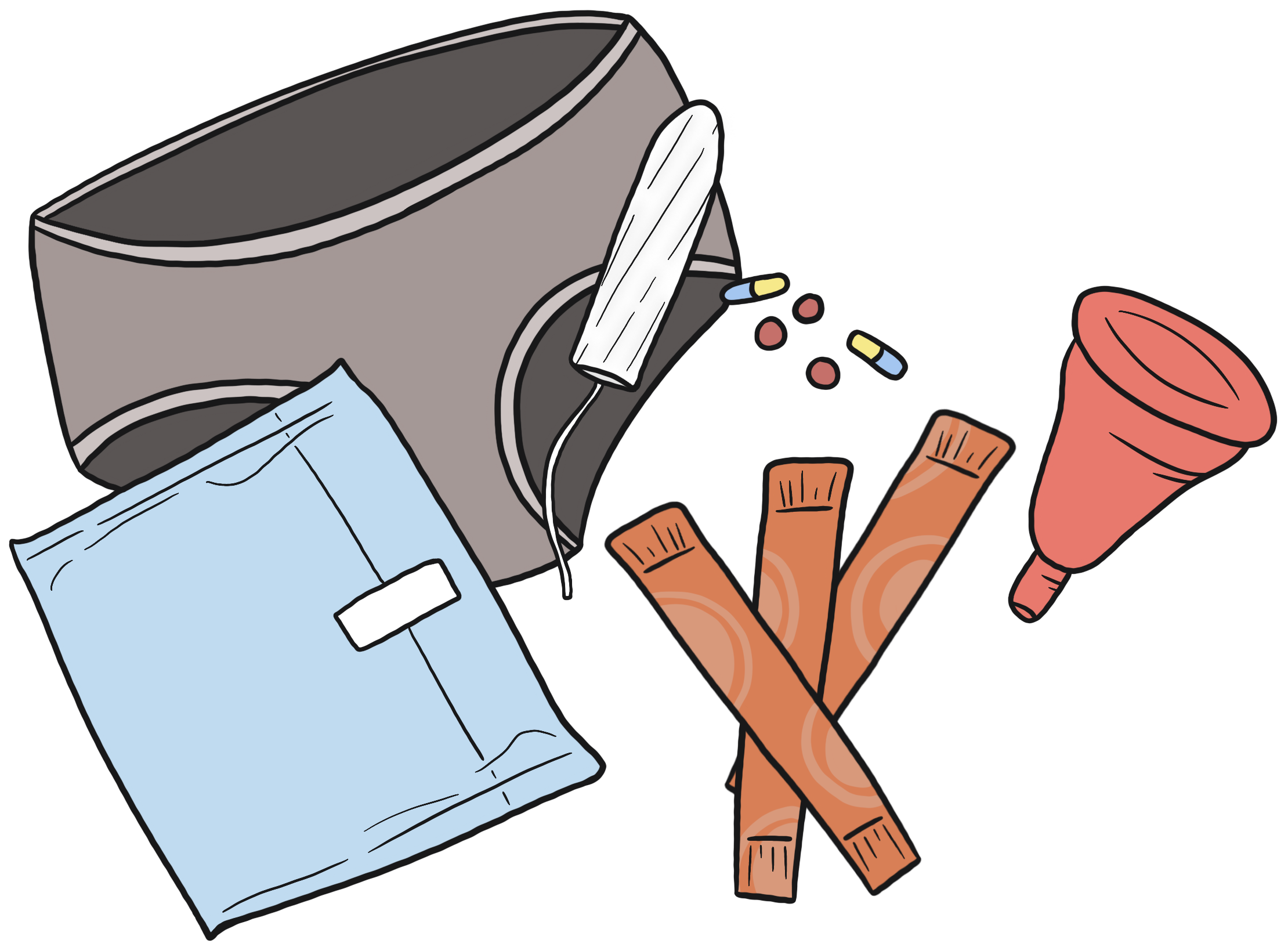
While some of these practices may seem a bit extreme nowadays, even today, we don’t like to talk about periods. We adapt our language to prevent an accurate depiction of our period. We use playful phrases such as ‘time of the month’, ‘a visit from Aunt Flo’, ‘on the rag’, ‘ON’ or ‘the crimson tide’ to avoid actually using the correct terminology. Period product adverts have long depicted and influenced women’s experiences of their periods too. They mostly perpetuate the idea that periods are dirty and disgusting – ‘unsanitary’, that should be hidden away and dealt with in private, that you must make sure that nobody knows you’re on your period, that you are discreet and secret. How many of us still feel a flush of embarrassment in the toilets when you pull out a period product to use, and the dreaded rustle of the packaging announces to everyone else in there that ‘you are on your period’!?
In 2017 when Plan International carried out their studies, they found that around half of girls aged 14-21 were still embarrassed by their periods:

Almost 71% of girls said they felt embarrassed about buying period products

1 in 10 girls had been asked not to talk about periods in front of their mother or father
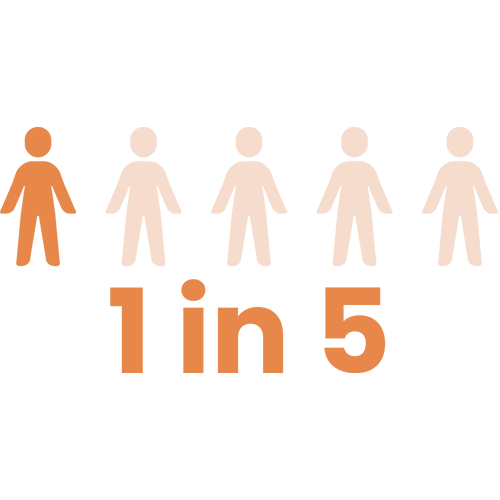
Only 1 in 5 girls felt comfortable discussing their period with their teacher
All of these beliefs and practices, whether deemed insignificant, harmless or otherwise, do nothing more than keep the stigma surrounding menstruation alive. These negative social norms reinforce the idea that those who menstruate have less rights than those that don’t, and that menstruation should be kept private, not discussed openly, adding to gender stereotyping and inequality.
Period poverty as a human rights issue
Period poverty is considered a human rights issue. Menstrual health and hygiene are fundamental aspects of sexual and reproductive health, and are closely linked to a number of human rights issues including;
- Right to health – access to menstrual products and the ability to manage them appropriately is essential for health and wellbeing. The right to health also includes the right to access affordable and accessible healthcare services, including menstrual health care.
- Right to education – period poverty can negatively impact access to education. A lack of access to appropriate period products can stop individuals being able to attend school during their period. This can lead to educational gaps and reduced educational performance. Ensuring access to period products in educational settings is vital for ensuring individuals can attend school regularly and reach their full potential, providing equal opportunities.
- Gender equality – menstruation is a natural bodily process experienced predominantly by women and girls. A lack of access to period products further reinforces gender inequality and discrimination. Working towards addressing period poverty means working towards achieving gender equality and empowering women and girls and those who menstruate.
- Right to privacy and dignity – managing menstruation with dignity is a basic human right issue. Periods should not be a source of shame or embarrassment. However, a lack of accessible period products can lead to feelings of embarrassment, shame or social exclusion due to the inability to afford or access menstrual products or manage their periods with dignity. Feeling shame or embarrassment about your body can also contribute to low self-esteem, lack of confidence, stress, anxiety and depression.
- Right to water and sanitation – access to clean water and private toilet facilities is essential to appropriate menstrual health and hygiene.
- Discrimination – the financial impact of purchasing menstrual products every month can disproportionately affect low-income individuals and further enlarges economic disadvantage. This can limit an individual’s ability to meet other essential needs or to invest in personal or professional development.
Period poverty should be everyone’s issue
Periods are largely seen as ‘women’s issues’, however this attitude needs a re-think, as period poverty affects everyone. It is unacceptable that around the world women and girls are being held back and potentially endangered due to a perfectly normal and healthy bodily function that half of the world’s population experiences.
Despite efforts in recent years to open up the conversation about periods and reduce the stigma, it’s clear there is still a lot of work to be done. Period poverty is a real challenge for millions around the world.
“We need a society-wide approach to bust the taboo, and an education programme which addresses the shocking reality that too many girls lack the knowledge and understanding of how to manage their period, and are too afraid to ask for advice”.
– Lucy Russell, UK Campaign Manager at Plan International UK
This is why we must educate not just girls and women, but boys, men, schools and governments on a local and global level in order to end the stigma and embarrassment surrounding menstruation. Important and open conversations need to be had to raise awareness of these issues and dispel myths, so that everyone can experience a more positive period.
Addressing period poverty and the discrimination associated with it is crucial for achieving gender equality and promoting women’s rights. Efforts to provide affordable and accessible menstrual products, promote menstrual health education, challenge social norms and stigmas, and advocate for supportive policies are essential to combating discrimination and ensuring that everyone can manage their period with dignity and without barriers.

In Sub-Saharan Africa, some girls can miss up to 20% of their school year, with some dropping out of school altogether because of their period.
(Action Aid)

A study conducted in the Netherlands of 32,7498 women indicated that 13.8% of women have to miss work due to their period with 3.4% missing work every month.

64% of girls have missed PE or sports lessons due to their period.
The truth is that most women and girls experience periods – so why do we pretend that they don’t exist? It is a perfectly natural and essential function of our body that we should not be ashamed of.
We need more people to speak out openly about periods, like the England Lionesses who recently switched to wearing blue shorts instead of white, after players voiced their period concerns, and the traditional all white dress code at Wimbledon was recently adapted following the ‘address the dress code’ campaign which highlighted the anxiety players can face competing in traditional whites. Female players are now able to wear dark undershorts after concerns were raised.

“When I was a girl, we all used to say that if men had periods there would be bowls of tampons on the bar in pubs, next to the peanuts. But they don’t and many women continue to exist in a state of fear and ignorance surrounded by people telling them that they are dirty and not acceptable in polite society…it’s time to recognise that ANY taboo surrounding periods is in fact pathetic”
– Emma Thompson
